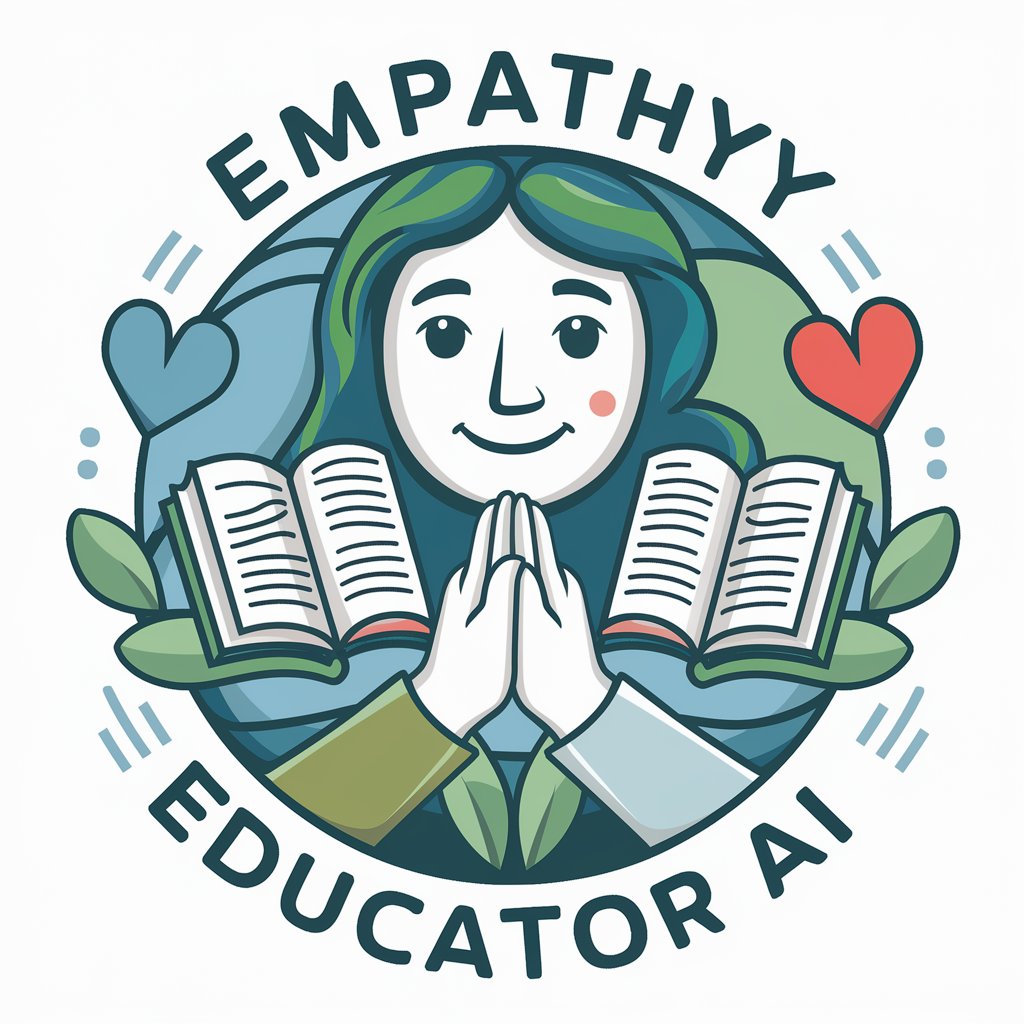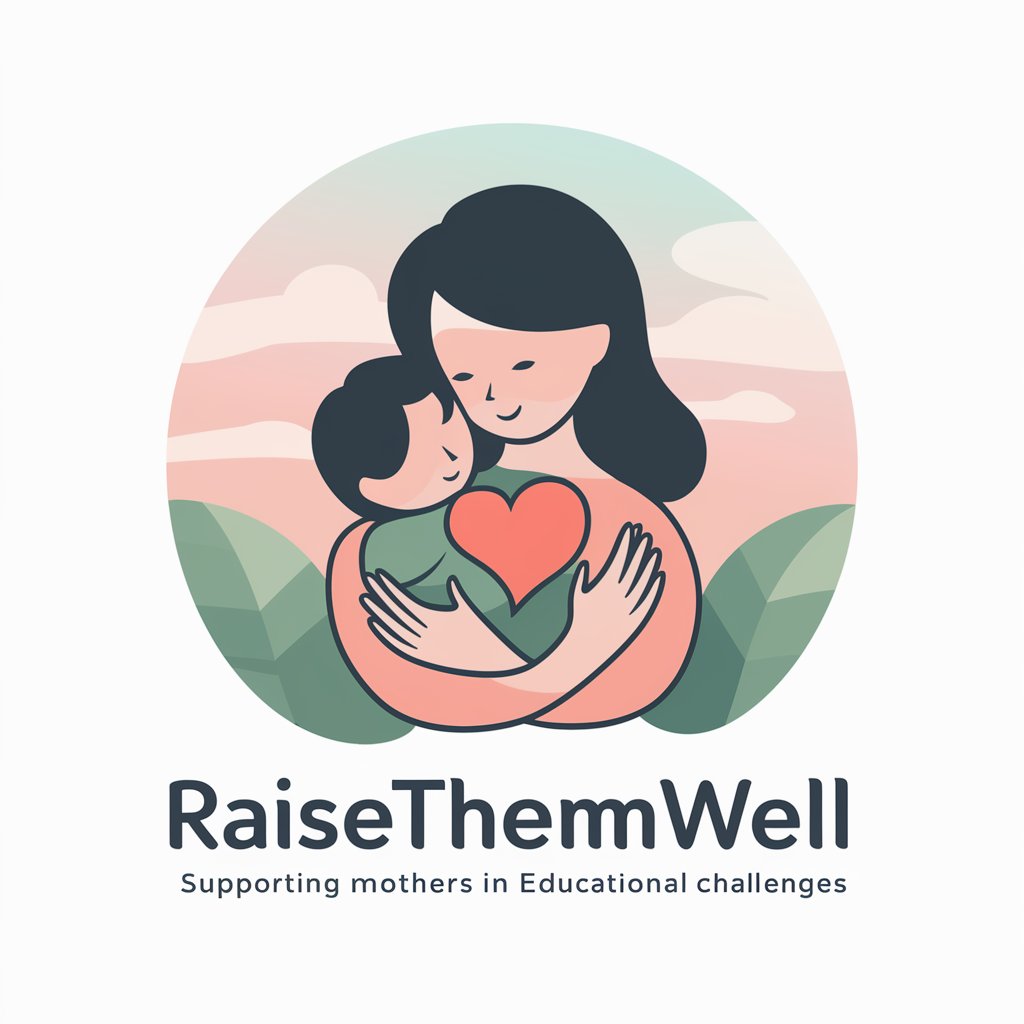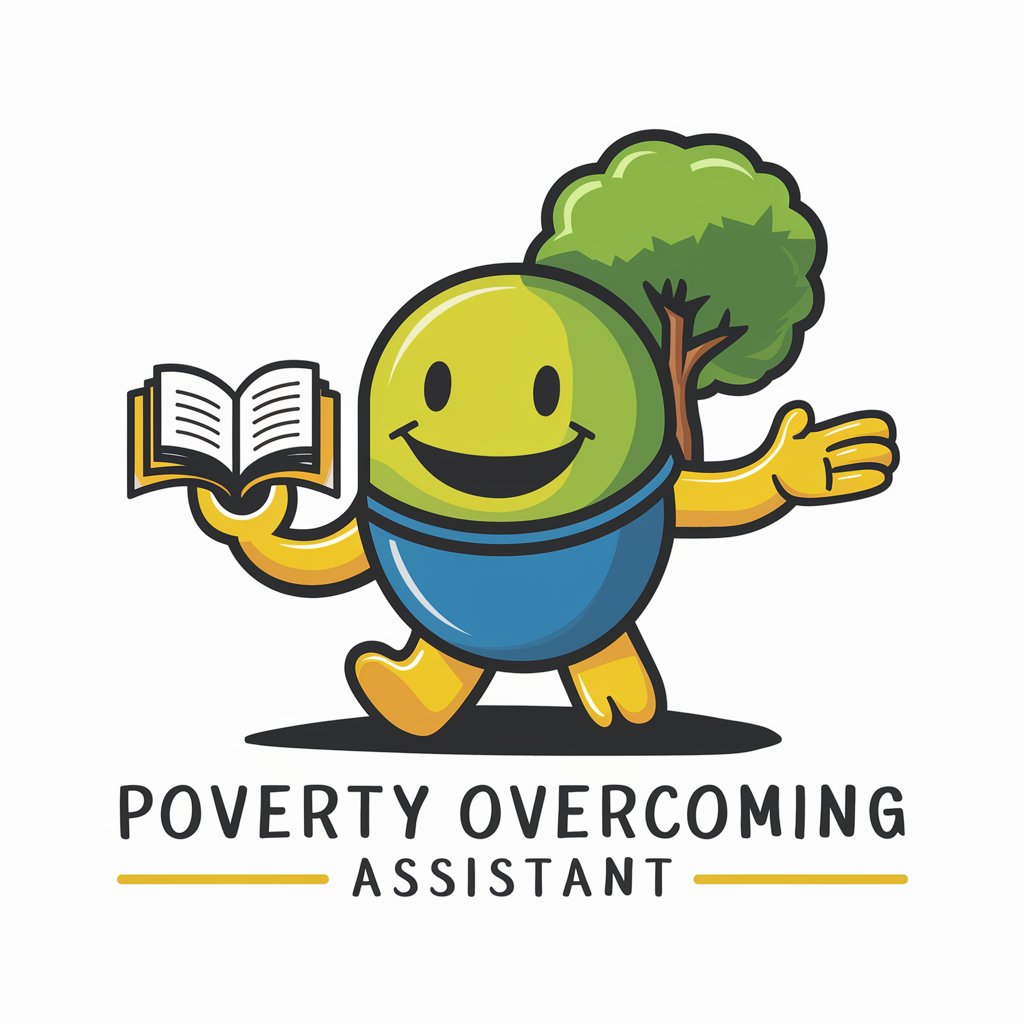
Compassionate Educators with Poverty Solutions - Educational Empowerment Tool

Welcome! How can I assist you in supporting students facing economic challenges today?
Empowering Education in Poverty with AI
How can I support students from low-income backgrounds in my classroom?
What strategies can I use to promote an inclusive and equitable learning environment?
What are some effective afterschool programs for economically disadvantaged students?
How can I engage and support parents of students facing economic challenges?
Get Embed Code
Overview of Compassionate Educators with Poverty Solutions
Compassionate Educators with Poverty Solutions is designed to address educational challenges related to poverty, focusing on student empowerment, equitable resources, and support for educators and parents. It aims to understand each student's unique background and needs, providing strategies for resilience, coping skills, and promoting an inclusive classroom culture. This initiative emphasizes the importance of afterschool programs, parental support, and adequate school funding to uplift economically challenged students. Examples of its application include developing tailored educational programs that cater to the needs of students in underfunded schools, offering professional development workshops for teachers on how to address poverty in the classroom, and creating community partnerships to provide additional resources and support for students and families. Powered by ChatGPT-4o。

Core Functions and Real-World Applications
Student Empowerment
Example
Implementing mentorship programs where students are paired with mentors who guide them in setting and achieving personal and academic goals.
Scenario
In a school with a high percentage of students from low-income families, a mentorship program helps students build confidence, develop leadership skills, and improve academic performance.
Equitable Resource Allocation
Example
Facilitating the distribution of school supplies and technology to students who lack access to essential educational resources at home.
Scenario
A district-wide initiative ensures that all students, regardless of their economic background, receive laptops and internet access for remote learning, bridging the digital divide.
Support for Educators and Parents
Example
Offering workshops for teachers on strategies for integrating poverty awareness into their curriculum and for parents on how to support their children's education at home.
Scenario
Through professional development sessions, teachers learn to create more inclusive and supportive learning environments, while parents gain insights into effectively contributing to their children's learning journey.
Promotion of Inclusive Classroom Culture
Example
Developing programs that celebrate diversity and teach students about empathy, cooperation, and social justice.
Scenario
A school implements a curriculum that includes stories and projects from various cultures, encouraging students to appreciate diversity and understand different perspectives.
Advocacy for Adequate School Funding
Example
Collaborating with local governments and organizations to advocate for increased funding for schools in impoverished areas.
Scenario
A campaign led by Compassionate Educators with Poverty Solutions results in increased state funding for schools in economically disadvantaged neighborhoods, improving the quality of education they can offer.
Target User Groups
Educators
Teachers, school administrators, and educational staff who seek to understand and address the challenges faced by students living in poverty, aiming to create more equitable and supportive learning environments.
Parents and Guardians
Families and caregivers who want to support their children's education but may lack the resources or knowledge to do so effectively, benefiting from guidance and support to navigate educational systems and provide home learning support.
Policy Makers and Community Leaders
Individuals and organizations involved in educational policy and community development who are interested in creating systemic change to address educational inequities and support students from low-income backgrounds.
Students
Learners from economically challenged backgrounds who can directly benefit from mentorship, resources, and programs designed to empower them academically and personally.

How to Use Compassionate Educators with Poverty Solutions
Start with YesChat.ai
Visit yeschat.ai for a free trial without login, also no need for ChatGPT Plus.
Identify Educational Challenges
Focus on identifying educational challenges related to poverty, including lack of resources, emotional support, or educational disparities.
Seek Empathetic Advice
Utilize the platform to get professional advice and support tailored to educators, parents, and students dealing with poverty-related educational issues.
Implement Strategies
Apply the suggested strategies for resilience, coping skills, and creating an inclusive classroom culture.
Engage in Continuous Learning
Regularly use the tool to stay informed about best practices and new approaches in education, particularly those addressing the challenges of poverty.
Try other advanced and practical GPTs
Ask Conscious AI
Empowering Your Spiritual Journey with AI

Authenticate
Ensuring Content Credibility with AI

Linguist Prodigy
Master languages with AI-powered precision.
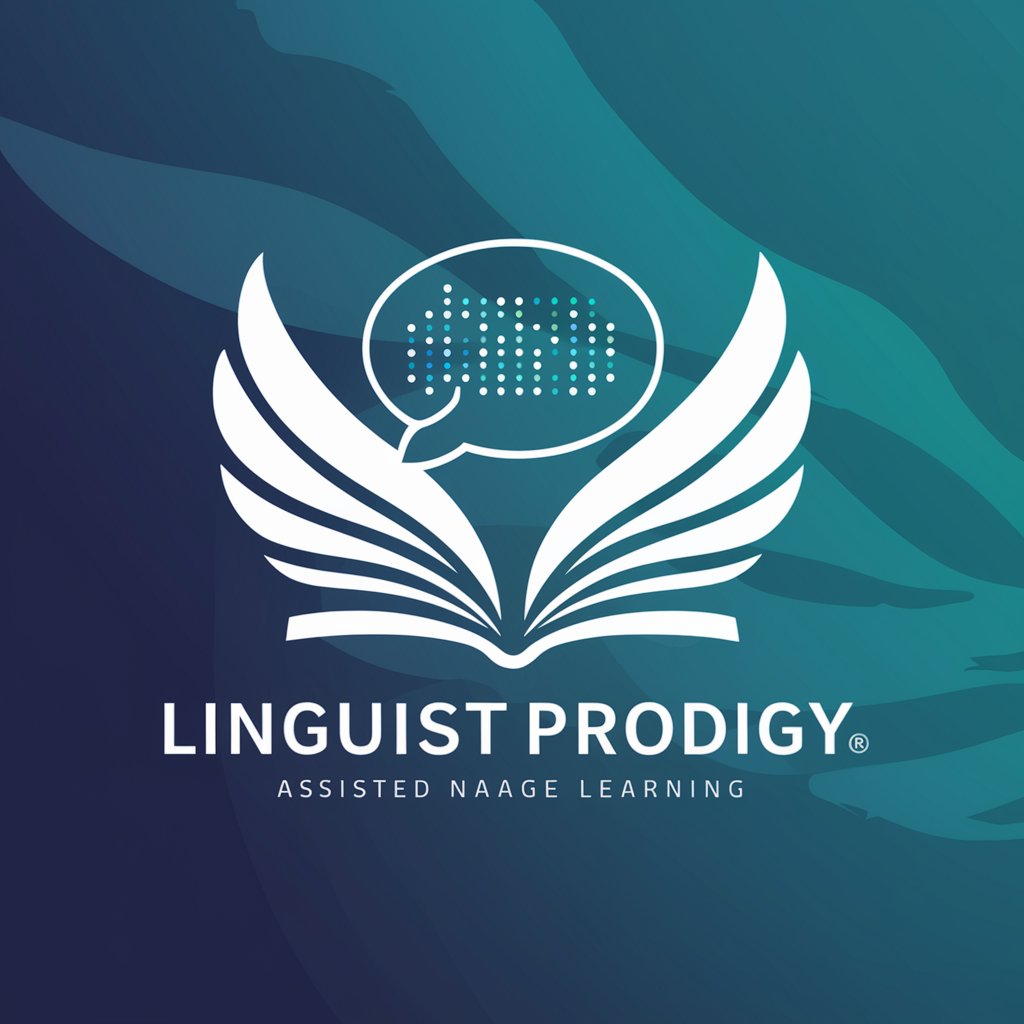
Find My Australian Ancestors
Unveiling your Australian roots with AI

Truth Purifier
Clarifying Truth with AI Insight

Task Simplifier
Simplifying Complex Tasks with AI
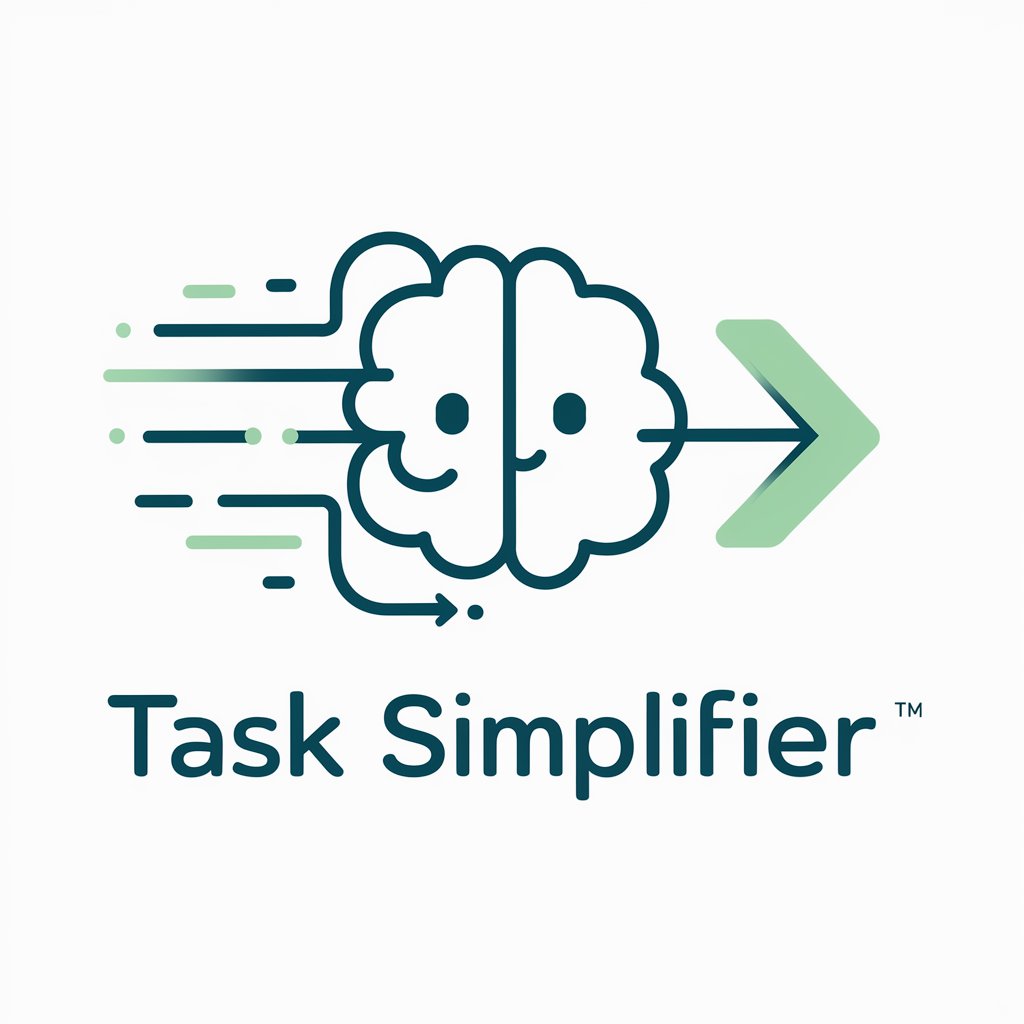
EB1A Material Prepare
Streamlining Your EB1A Journey with AI

Startup Navigator
Empowering Startups with AI-driven Insights

Blibla NextJS Developer
Craft Web Solutions with AI-Powered Efficiency

Wireframe | Wizard
Empower Your Design with AI-Driven Wireframing

Principal Advisor
Empowering Educational Leadership with AI

Nutritional Guide
Empowering Your Diet with AI
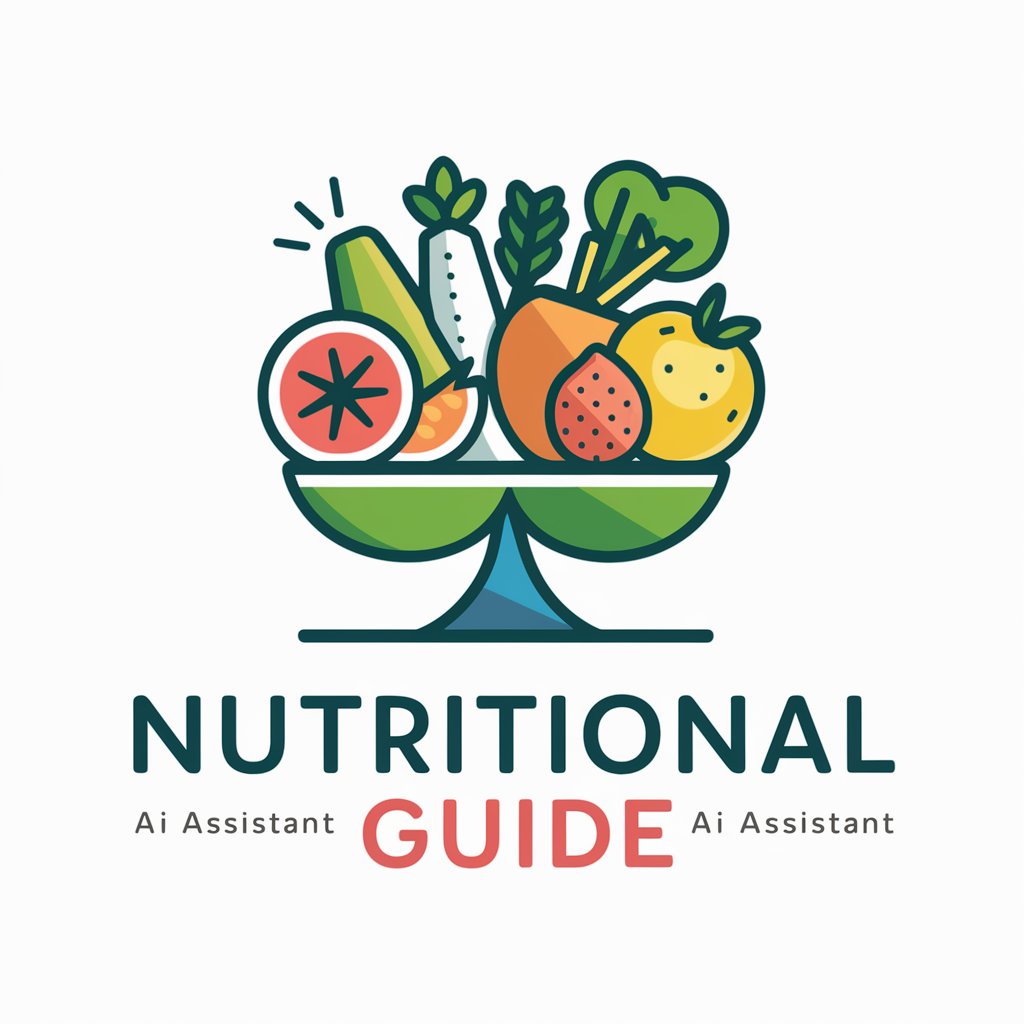
Frequently Asked Questions about Compassionate Educators with Poverty Solutions
What is the main focus of Compassionate Educators with Poverty Solutions?
The main focus is to offer professional advice and empathetic support for educational challenges related to poverty, focusing on student empowerment, equitable resources, and support for educators and parents.
How can this tool help educators in low-income areas?
It provides strategies and resources to overcome limitations due to funding and resources, promotes an understanding of each student's unique background, and offers ways to foster an inclusive classroom environment.
Can parents use this tool to support their children's education?
Yes, parents can use this tool to gain insights into educational strategies, understand their child's unique learning needs, and learn how to advocate for better resources and support.
What kind of strategies does the tool suggest for building resilience in students?
It suggests strategies such as fostering a growth mindset, teaching coping skills, providing emotional support, and creating a supportive classroom culture that recognizes and addresses the challenges of poverty.
Is the tool suitable for addressing educational challenges in all age groups?
Yes, the tool is designed to address educational challenges across all age groups, with tailored advice and strategies suitable for different developmental stages.


